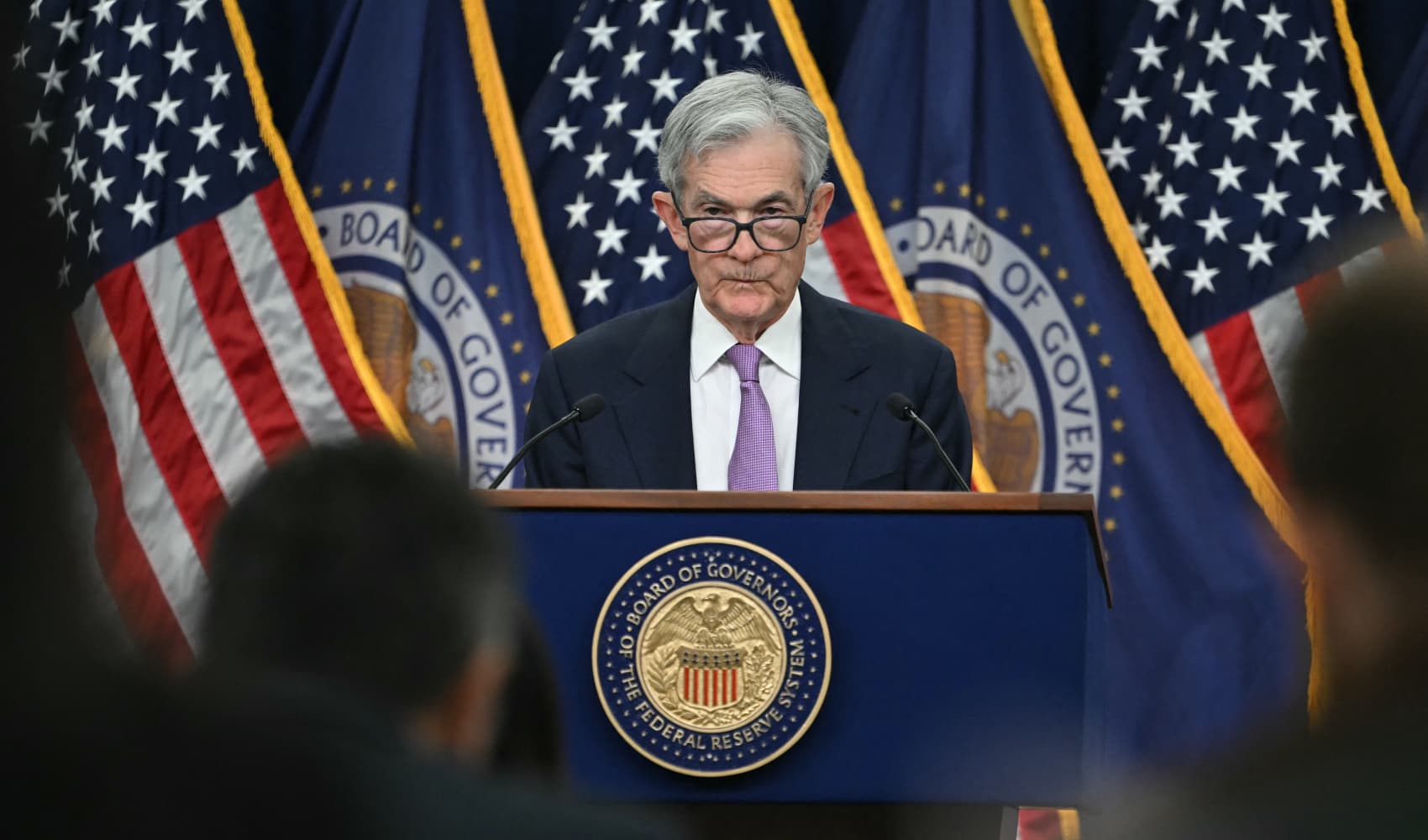
- Crypto has soared since the November presidential election.
- Many financial advisors are reluctant to recommend crypto.
- A July survey found 59% of advisors do not use cryptocurrency or plan to in the future.
- Most financial advisors agree that whether to have crypto investments in your portfolio depends on your risk tolerance, financial goals and time horizon.
Digital assets have rallied since the November U.S. presidential election — with bitcoin notching a new high above $107,000 on Monday — and continue to gain ground as President-elect Donald Trump details his pro-cryptocurrency policy plans.
Still, many financial advisors remain wary.
Get top local stories in Philly delivered to you every morning. >Sign up for NBC Philadelphia's News Headlines newsletter.
"As traditional long-term planners, we currently do not incorporate crypto in our portfolio allocations," said certified financial planner Marianela Collado, CEO of Tobias Financial Advisors in Plantation, Florida. She is also a certified public accountant. "We always advise our clients to put in crypto what you're not necessarily needing for retirement, what you're comfortable losing."
Regulatory uncertainty remains a clear area of concern for financial advisors when it comes to recommending crypto investments to clients.
Money Report
In April, when crypto prices were lower, an annual survey of 2,000 financial advisors by Cerulli Associates found that 59% do not currently use cryptocurrencies or plan to in the future. Another 26% said they do not use it now but expect to in the future.
Meanwhile, about 12% of advisors said they use cryptocurrencies based on clients' requests, according to the Cerulli report, and less than 3% of advisors said they use crypto based on their own recommendations.
ETFs are an 'easy solution' to add crypto
If investors are interested in crypto, CFP Ashton Lawrence at Mariner Wealth Advisors in Greenville, South Carolina, advises many clients to use exchange-traded funds.
"It's truly depending upon what the client is looking to achieve and how easy they feel in navigating this market," he said. "If they're looking for an easy solution, ETFs might be the best way to go."
Spot bitcoin ETFs, first available in January, now have more than $100 billion in assets under management, which is about 1% of the overall ETF market.
"Bitcoin ETFs have become the vehicle of choice for bitcoin holders," Brian Hartigan, global head of ETFs at Invesco, said during CNBC's "Halftime Report" on Dec. 9.
Lawrence recommends clients interested in crypto limit the allocation to no more than 1% to 5% of their overall portfolio.
Most financial advisors agree that whether to have crypto investments in your portfolio depends on your risk tolerance, financial goals and time horizon.






